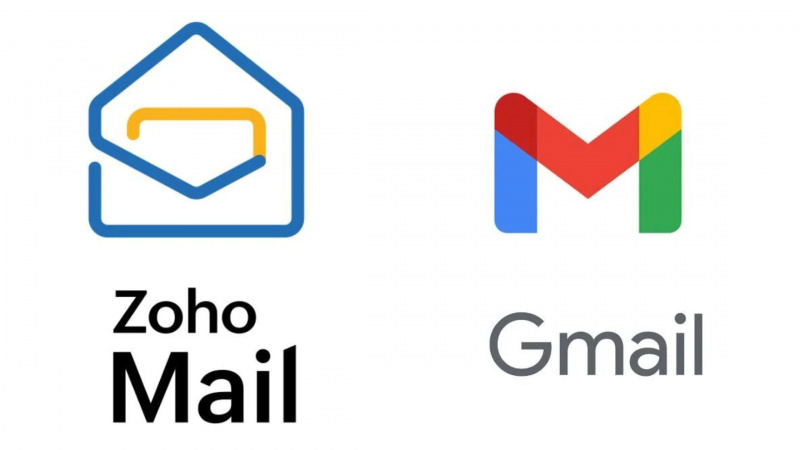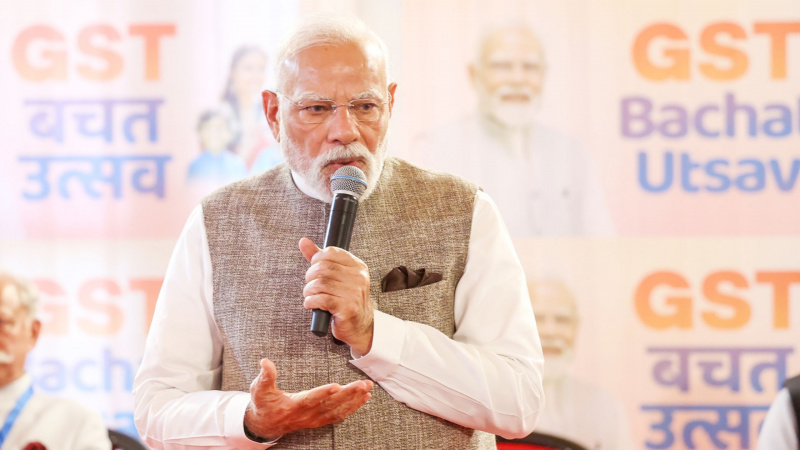India may soon have Isro’s technology to fulfill the e-vehicle dream
The commercialization of this technology could help save 10%-15% of the cost of e-vehicles. Some experts believe that the electric vehicle technology is in its
- by Vandita Jadeja 2017-07-21 11:39:44
India has been working on its ambitious electric vehicles project for many years now. This project will take off as soon as the Indian Space Research Organization (Isro) approves the commercial use of lithium ion battery technology. The glitch here is that the companies will have to pay Rs. 1 crore for the technology to Isro for every single e-vehicle. In view of this cost, the vehicles will justify the deployment as public buses, taxis and three wheelers.
The commercialization of this technology could help save 10%-15% of the cost of e-vehicles. Some experts believe that the electric vehicle technology is in its development stage and hence the cost is on the higher side. Besides, the ecosystem for e-vehicles is not ready as yet. The charging stations are not in place and the cost of battery itself is very high due to which there are durability and affordability issues. Currently, the cost of buses that are used by the state transport range from Rs.18 lakh to Rs.45 lakh. Luxury buses cost anywhere between Rs.18 lakh to Rs.1 crore.
There is a big challenge of customer skepticism about the workability of the electric vehicles. It is important to weigh the economic consequences of the deployment of electric vehicles on a larger scale. Some concerns include the difference in the cost of ordinary automation and the e-vehicle. An ordinary electric bus costs Rs. 1.5 crore if procurement volumes are assured. In contrast, cost of diesel buses range around Rs.20-50 lakh. Another issue is of the flammability of the lithium ion battery. Considering the weather conditions, it is a technological challenge and the cooling of this battery will increase the cost of operations.
It is important to create demand for e-vehicles. Isro has tied up with BHEL to develop a low cost lithium ion battery for the electronic vehicles. Founder of Tesla, Elon Musk mentioned that the company might set up a factory in India to make lithium ion batteries. With the high local demand, a factory could make sense in the long term. A lithium ion battery factory will help bring down the prices and increase the mass adoption of the new technology. It is also crucial for the storage of renewable energy generated through wind and solar power. Not much progress has been achieved on this front yet. After a tie up with Isro, it can be expected that India will soon be able to fulfill its e-vehicle dream.
POPULAR POSTS
The Agentic Revolution: Why Salesforce Is Betting Its Future on AI Agents
by Shan, 2025-11-05 10:29:23
OpenAI Offers ChatGPT Go Free in India: What’s Behind This Big AI Giveaway?
by Shan, 2025-10-28 12:19:11
Zoho Products: Complete List, Launch Years, and What Each One Does
by Shan, 2025-10-13 12:11:43
Arattai vs WhatsApp: Which Messaging App Should You Choose in 2025?
by Shan, 2025-10-10 11:55:06
Top Buy Now Pay Later (BNPL) Apps for Easy Shopping in 2025
by Shan, 2025-09-22 10:56:23
iPhone 17 Sale in India Begins: Full Price List, Launch Offers and Store Availability
by Shan, 2025-09-19 12:00:45
Apple September 2025 Event Recap: iPhone 17, iPhone Air, Apple Watch Series 11, and India Pricing Revealed
by Shan, 2025-09-10 09:55:45
RECENTLY PUBLISHED

Loan EMIs to Drop as RBI Slashes Repo Rate - Full MPC December 2025 Highlights
- by Shan, 2025-12-05 11:49:44

Pine Labs IPO 2025: Listing Date, Grey Market Premium, and Expert Outlook
- by Shan, 2025-11-05 09:57:07

Top 10 Insurance Companies in India 2026: Life, Health, and General Insurance Leaders Explained
- by Shan, 2025-10-30 10:06:42

Best Silver Investment Platforms for 2025: From CFDs to Digital Vaults Explained
- by Shan, 2025-10-23 12:22:46

Zoho Mail vs Gmail (2025): Which Email Platform Is Best for Businesses, Startups, and Students?
- by Shan, 2025-10-09 12:17:26

PM Modi Launches GST Bachat Utsav: Lower Taxes, More Savings for Every Indian Household
- by Shan, 2025-09-24 12:20:59




 Subscribe now
Subscribe now 